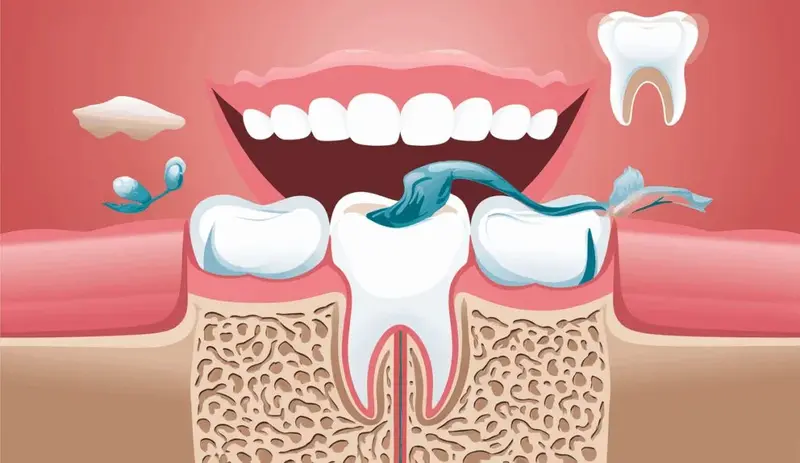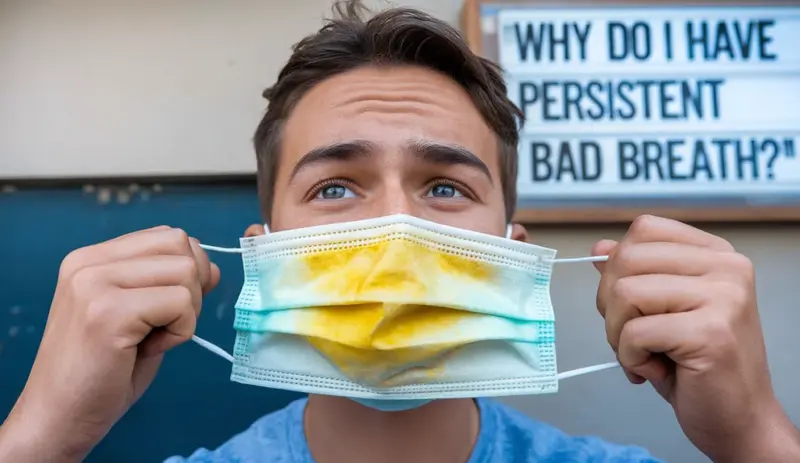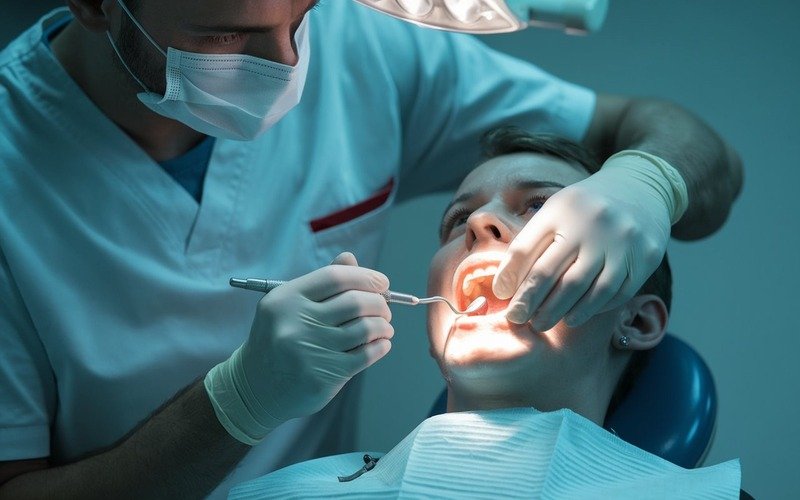
You’ve noticed something different about your smile lately. Maybe your teeth aren’t as bright as they used to be, and you’re wondering if the medications you’re taking might be to blame. The truth is, some medicines can absolutely cause tooth discoloration-and it’s more common than you might think.
Don’t panic. Understanding why and how medications can stain your teeth is the first step to keeping your smile healthy and bright. We’ll break down everything you need to know about medication-related tooth discoloration.
How Medications Can Stain Your Teeth: What You Need to Know?
Drugs are meant to make us better, but who knew they could also be tools of destruction? And we’re not talking about bad guys in lab coats here, but instead, let’s focus our righteous anger on the medications listed below and the various ways in which they can mess with the appearance of our chompers.
- High blood pressure medications
- Chlorhexidine
- Tetracycline
- Liquid iron supplements
- Topical fluoride
- Antihistamines
There are two main types of tooth staining: external and internal. External staining occurs when medicine directly contacts tooth surfaces, while internal staining happens when the compounds in the medicine integrate into the tooth’s structure.
Medications Most Likely to Cause Tooth Discoloration
Some medications stain our teeth more than others. Here are the main offenders:
- Antibiotics (especially tetracycline): These can produce considerable and lasting discoloration, especially in teeth that are still developing.
- Blood pressure medications: These can produce a slow and gradual change that results in yellowing or graying.
- Antihistamines: These can and do play a role in darkening teeth over time.
- Antipsychotic drugs: These can and do produce color changes that are totally unexpected.
- Chemotherapy treatments: These can have a major impact on the appearance of teeth.
Children’s Dental Vulnerability
Teeth in the development stage are primarily susceptible to discoloration caused by medications, especially antibiotics, taken by pregnant and nursing women and by small children. We’ve seen countless cases where early exposure to these powerful drugs can create tooth discoloration that is lifelong. Parents should be especially careful about medications prescribed during these crucial times.
If your child is on long-term medication, it is very important to consult both the pediatrician and the dentist before making any decisions. These two health professionals are in the best position to understand how the long-term medication might affect the health of your child’s teeth and gums, whether you’re in Houston, TX or anywhere else.
You May Be Interested In: What Causes Tooth Mobility In Houston?
Prevention and Treatment Strategies
It begins with clear communication. Speak to your health care provider about possible substitute medications with reduced numbers of dental side effects. Also, contemplate these methods:
- Keep outstanding oral hygiene
- Utilize whitening kinds of toothpaste created for sensitive teeth
- Make periodic appointments for top-notch dental cleanings
- Consider with your dentist the option of professional whitening
When to Seek Professional Dental Advice
If you observe the following, you should make an appointment for a consultation with a professional like those at LifeWorks Dental in our local dental office:
- Color changes that linger
- Uneven alterations in color
- Changes in color that are also accompanied by sensitivity
- Any concerns you have that might relate to medications and your teeth
Final Thoughts
Tooth staining caused by medication isn’t just a beauty issue; it affects the quality of your teeth and your assurance when you smile. Not all of it can be avoided, but you can reduce your risk considerably by knowing and staying within the safe limits of what drugs are okay and what aren’t. You can also clean your teeth well.
Keep in mind that every smile is one of a kind, and getting the right professional help is essential. If you have any concerns about how your medication might be affecting your teeth, don’t hesitate to contact a dental professional. They can give you the right kind of advice that’s tailored just for you.
Your medications are important for your overall health, and some tooth discoloration doesn’t mean you should stop taking prescribed treatments. By understanding the potential impacts and working closely with both your doctor and dentist, you can maintain a healthy smile.




![Porcelain Crowns Near Me in Houston [2025 Guide]](https://lifeworksdental.com/wp-content/uploads/2025/01/Porcelain-Crowns-Near-Me-in-Houston.jpeg)

